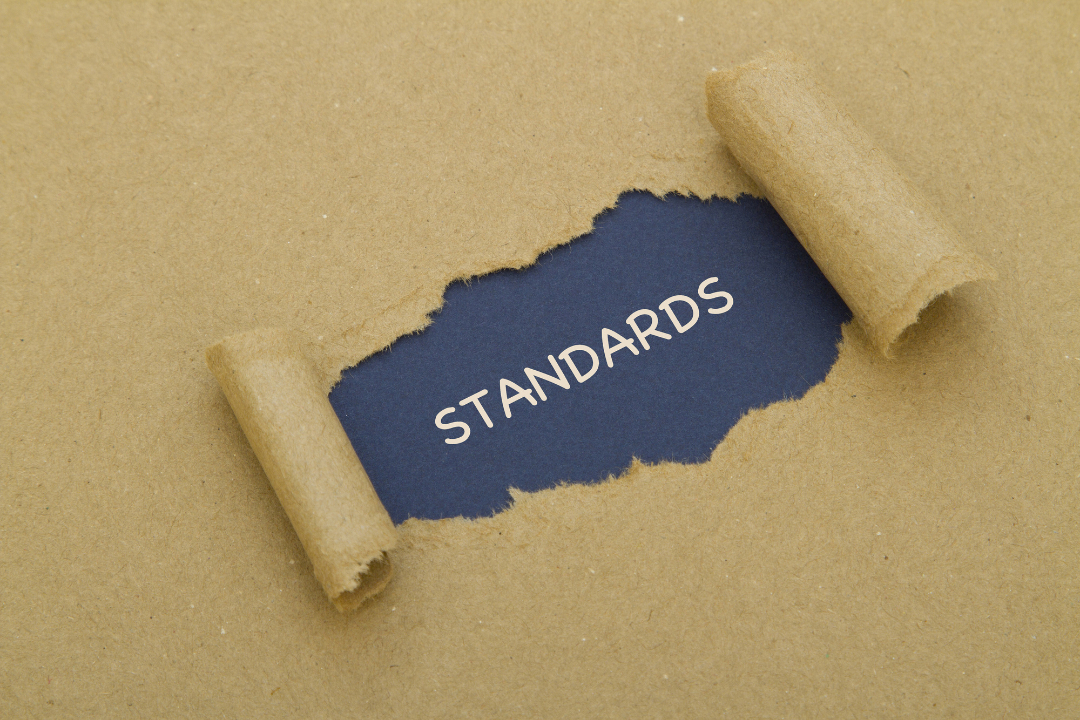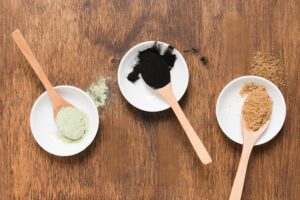+86 571 8659 2517
+86 180 5841 8258
info@zmuni.com

On August 1, 2025, the National Health Commission of China issued a notice seeking public comments on 30 national food safety standards, including Standard for the Use of Nutritional Fortification Substances in Foods, which is the third time that this standard has been open for public comments during the revision process. The consultation is open for public feedback until September 26, 2025. Comments should be submitted via National Food Safety Standards Management System. Detalis are as follows: No. Standard Formulation/Revision 1 General Standard 1. Standard for the Use of Nutritional Fortification Substances in Foods Revision 2 Standards for

01 Heightened Scrutiny on Popular Functional Ingredients Recent industry reports in China suggest that China Customs is increasing regulatory checks on 12 commonly used ingredients in health and wellness products: Artemisia argyi, Ergothioneine, Polypodium leucotomos extract, NMN, Quercetin, Saw Palmetto, Ashwagandha, Epilobium parviflorum, Erythrina mulungu, Damiana, Berberis aristata, and NAD+. Importers are now required to demonstrate that these ingredients comply with regulations in their country of origin and to provide supporting documentation to Chinese authorities. This isn't entirely new. In 2024, similar compliance requirements were applied to ingredients such as Coenzyme Q10, Chamomile, N-Acetylcysteine (NAC), Glutathione, Resveratrol, and others.

On July 30, 2025, China National Medical Products Administration (NMPA) released the Notice on the 2025 Cosmetics Standard Project Plan, which announced 34 cosmetics standard formulation and revision projects proposed by NMPA's Cosmetics Standardization Technical Committee. The notice is open for public comment for 7 days from the date of publication. Feedback can be submitted via email to: hzpjgs@nmpa.gov.cn The whole project plan involves a total of 34 cosmetic standards, comprising 5 revisions of existing standards and 29 newly developed standards. These standards span five key areas—ingredient safety, product specifications, testing methods, toxicological assessments, and toothpaste-related standards. Notably, several of the proposed

On July 31, 2025, China's National Institutes for Food and Drug Control (NIFDC) issued a public consultation notice on six draft technical guidelines concerning the research and quality control of hair dye, perm, and sunscreen cosmetics. These guidelines aim to provide clearer technical direction for product development, safety assessment, and quality standards for high-risk cosmetic categories—commonly referred to as special cosmetics under China's regulatory framework. The consultation is open for public feedback until August 15, 2025. Comments should be submitted via email to: hzppjzx@nifdc.org.cn. What's Included: Technical Guidelines for Hair Dye Products (Trail)(Draft for Comments) Technical Guidelines for Hair Dye Products Quality

On July 30, 2025, China's National Institutes for Food and Drug Control (NIFDC) released three draft testing methods, aimed at detecting prohibited ingredients in cosmetics, including substances such as diethylene glycol, dyclonine hydrochloride, and 16α-hydroxyprednisolone. The comment period is open until August 20, 2025, and feedback can be submitted via NIFDC's Cosmetic Standards Formulation and Revision Management System. Details are as follows: Testing Method Scope Determination of Diethylene Glycol in Cosmetics (Draft) This method specifies the procedure for determining the content of Diethylene Glycol in cosmetics using gas chromatography-mass spectrometry). It applies to creams and lotions, liquids (water- or

On July 24, 2025, China's National Medical Products Administration (NMPA) issued an official notice announcing that the children's cosmetics sector in China has entered a rapid development phase. According to the notice, as of the end of June 2025, China has recorded 28,168 notifications for children's general cosmetics (27,219 domestic and 949 imported products), alongside 427 registrations for children's special cosmetics (406 domestic and 21 imported products). This significant growth highlights not only increasing market demand but also the maturation of China's regulatory framework specifically tailored for children's cosmetic products. Why Overseas Brands Should

On July 23, 2025, China announced that the full customs closure of the Hainan Free Trade Port will take effect on December 18, 2025. This marks a key step in China's reform agenda, establishing Hainan as a customs-supervised free trade zone with zero tariffs, simplified import procedures, and global-standard investment rules. For international brands in cosmetics, personal care, food, and other FMCG sectors, Hainan is becoming a strategic gateway into China, offering preferential tax policies, supply chain flexibility, and streamlined regulatory access. What Is "Customs Closure"? Over the past decade, China has pursued a more targeted, rules-based trade policy, with the

The global food industry is increasingly driven by innovation in new food ingredients, which offer novel nutritional, functional, or sensory benefits. However, bringing such substances to market requires rigorous approval processes in major markets like China, the European Union, and the United States—each with distinct regulatory frameworks. A critical question could arise amid this landscape: Do these regions grant protection periods to applicants after their novel food secure approval? This inquiry touches on the core dynamics of innovation incentives, market competition, and the balance between recouping R&D investments and fostering industry progress. 01 China: No Explicit
+86 571 8659 2517
+86 180 5841 8258
info@zmuni.com